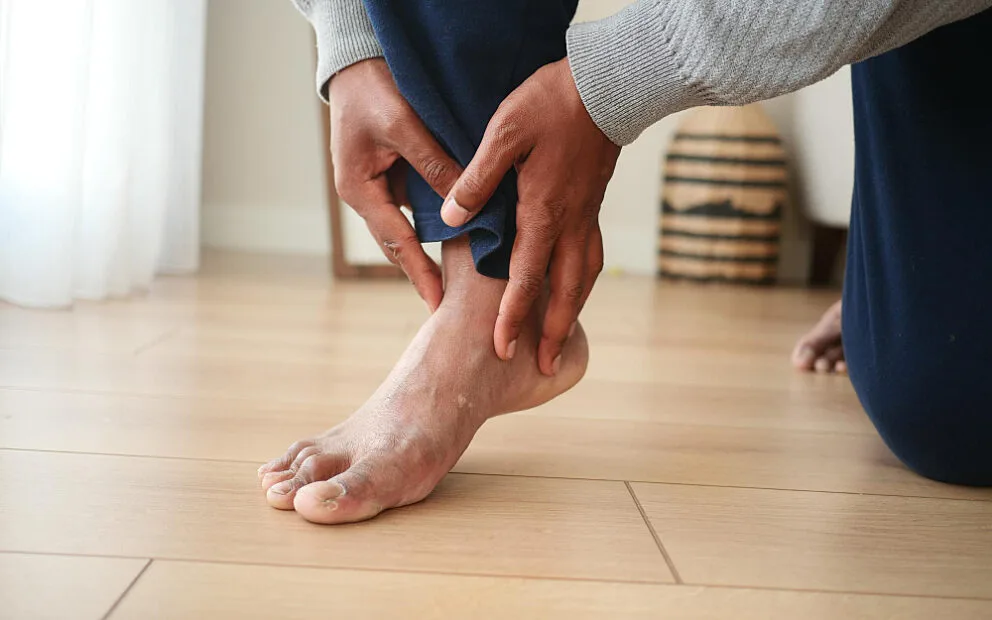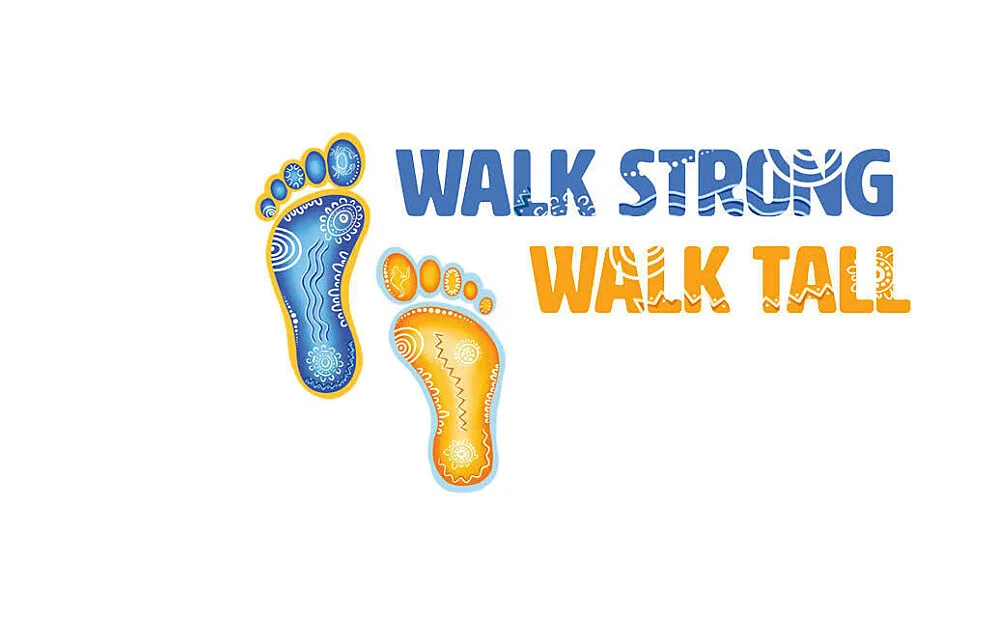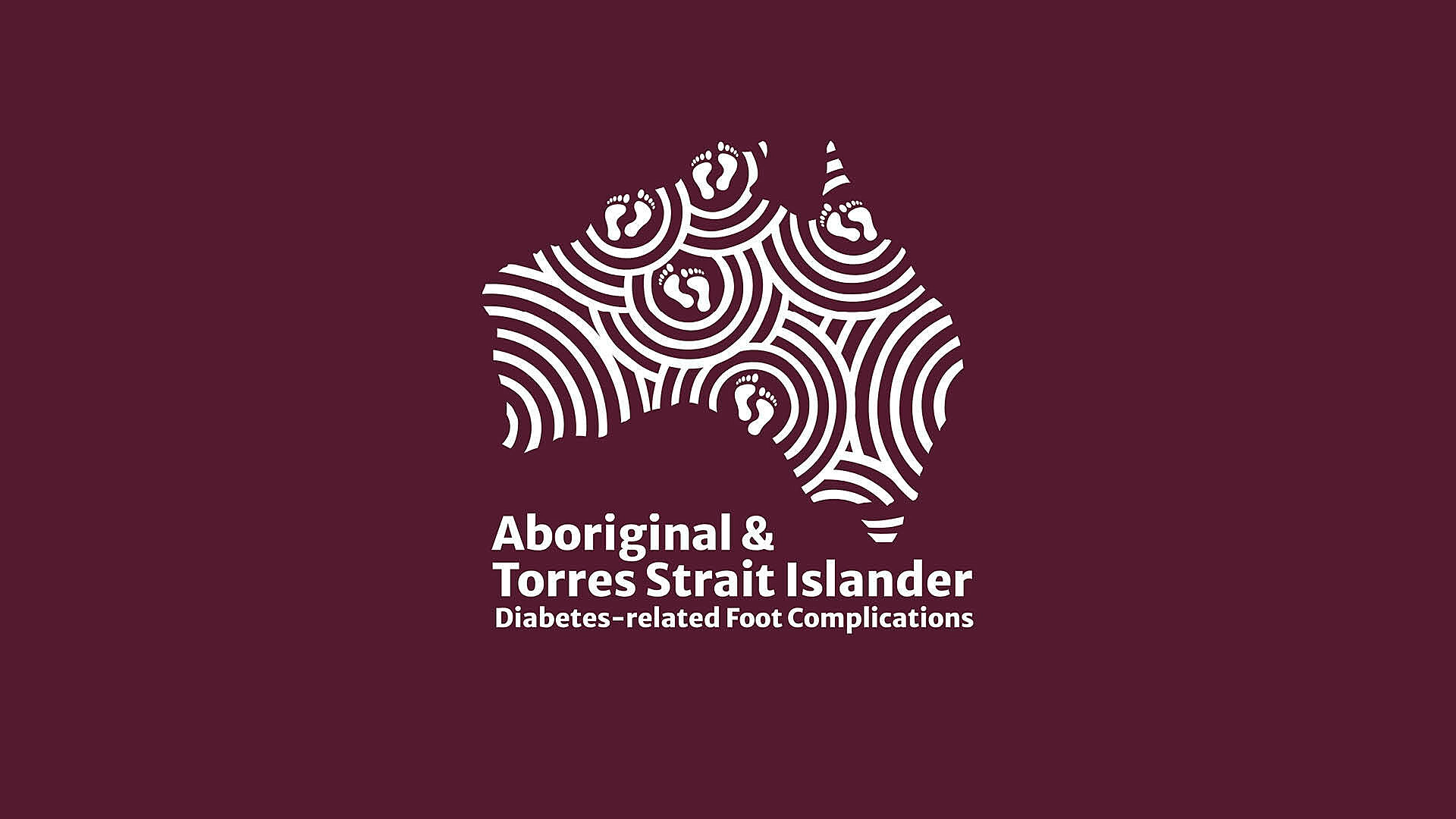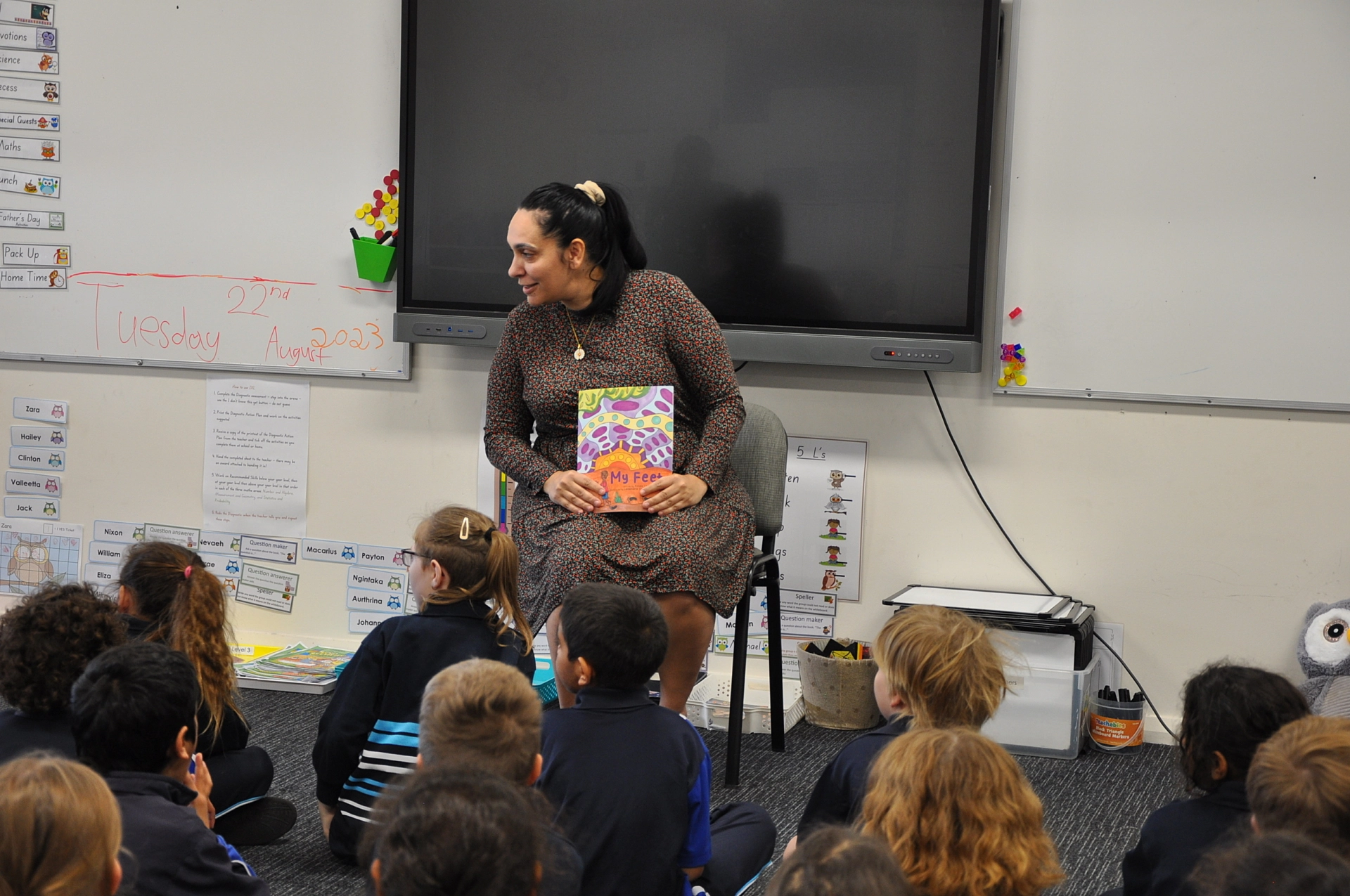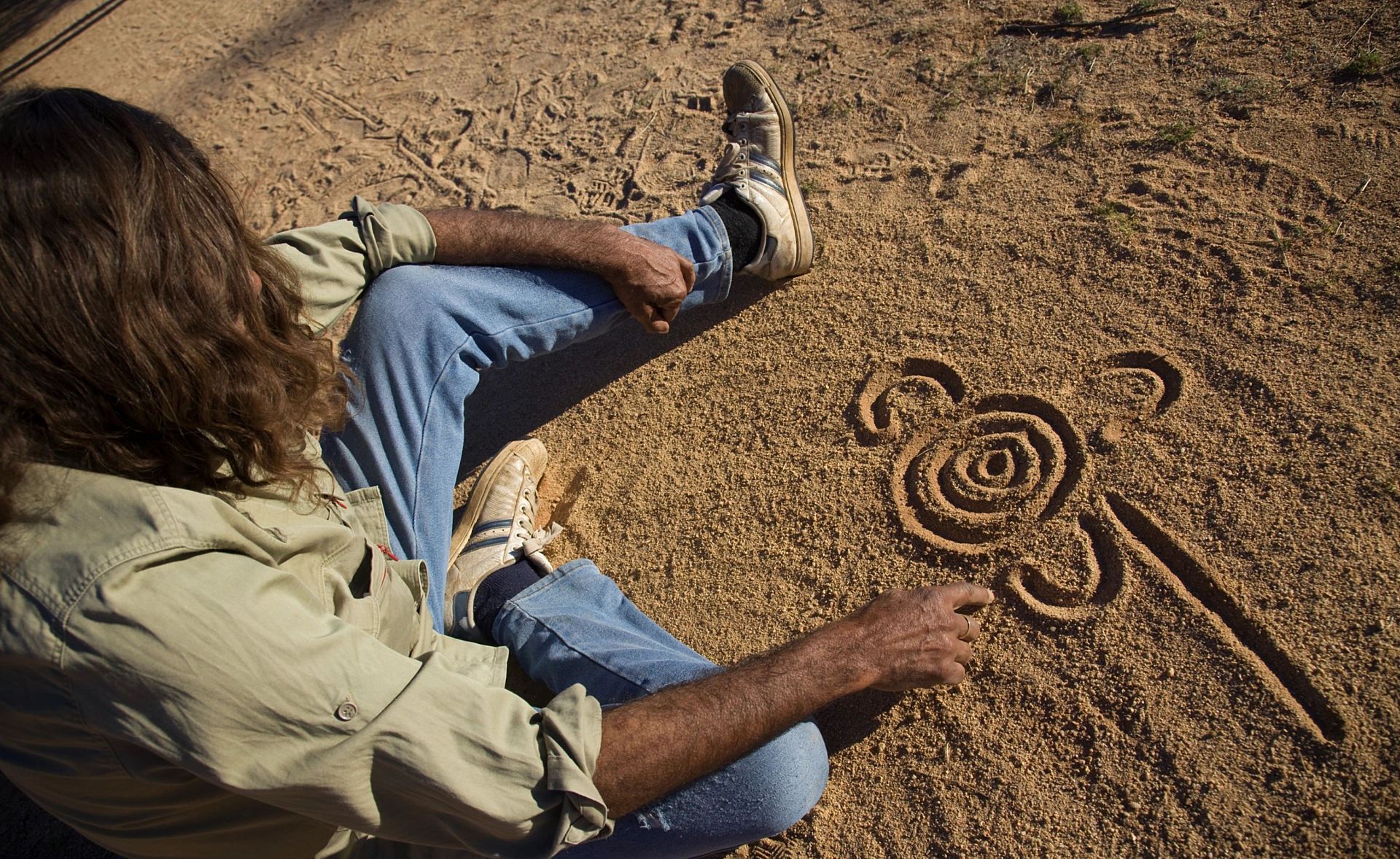SAHMRI’s Wardliparingga Aboriginal Health Equity theme is embracing the 2025 Podiatry Week theme ‘From first steps to next steps’ by advancing its program to reduce the most serious complications of diabetes: diabetes-related foot disease.
Diabetes-related foot complications are a leading cause of preventable hospitalisation and amputation in Australia.
More than 50,000 Australians are living with a foot ulcer at any given time, with Aboriginal and Torres Strait Islander people disproportionately affected.
Wardliparingga Co-leader Prof Odette Pearson says her team is focussed on reducing harm before it begins, ensuring people have access to appropriate care when they need it most.
“Too many people are living with ulcers, infections and pain that could have been prevented with timely support,” Prof Pearson said.
“This work is about making sure people can access care that is culturally safe and locally delivered, so fewer families experience the trauma of amputation.”
Through the Aboriginal and Torres Strait Islander Diabetes-related Foot Complications Program, Wardliparingga is partnering with Aboriginal health services and communities to design and deliver locally led strategies that support prevention, early intervention and better access to care.
In South Australia, the Walk Strong, Walk Tall initiative is helping to embed routine screening and care into health services across regional and remote communities.
Wardliparingga’s other Co-leader A/Prof Kim Morey says the project also supports local workforce training, community education and tailoring clinical pathways to help identify and manage foot issues before they become serious.
“This program is about equipping community to drive care themselves in ways that are culturally safe, accessible and sustainable,” A/Prof Morey said.
In the past 12 months the Walk Strong, Walk Tall team has trained more than 200 clinicians across the state in foot care and screening processes, and spoken with 5,000 community members about good foot health.
The team has also delivered thousands of copies of the My Feet children’s book to educate young people about foot health, delivered foot care to communities that had previously been without podiatry services and is poised to launch a host of Aboriginal amputation resources.
“We’re focused on long-term change,” A/Prof Morey said.
“That means building community capability, strengthening the workforce and embedding this approach into the way health systems operate.”
The current phase of the Aboriginal and Torres Strait Islander Diabetes-related Foot Complications Program is set to continue through to the end of 2025, with key evaluation findings expected in 2026.
